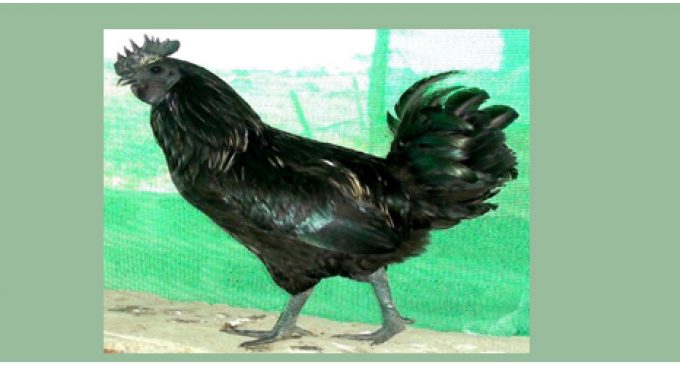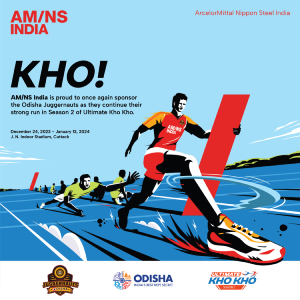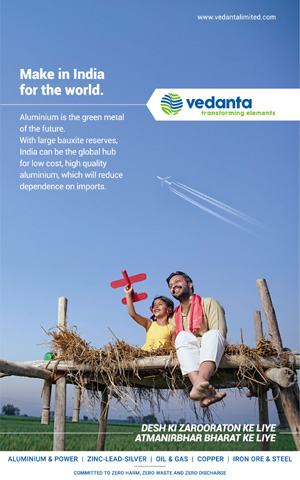Odisha scientists develop innovative technology for the conservation of valuable indigenous chicken

By Our Correspondent
Bhubaneswar : For those who want to see that our own breeds of chicken are conserved against the overshadowing spread of broiler poultry birds, it’s surely a good piece of news. A group of Odisha scientists, consisting of Dr Adnan Naim of KIIT University Technology Business Incubator (KIIT-TBI), Bhubaneswar, Dr S K Mishra, principal scientist at Indian Council of Agricultural Research (ICAR) and Dr Debasis Nayak, associate professor of IIT-Indore, have developed an innovative technology for the conservation of valuable indigenous chicken breeds/species which often remain under natural environmental pressures.
The natural pressures, among others, include the catastrophic bird flu that causes serious losses to the poultry sector.
According to the scientists, until today freezing semen from an important chicken breed was considered a common method for conservation, outside its home tract. However, in birds the semen conservation does not ensure preservation of complete genetic information since the female component is absent in this.
Dr Naim, a native of Bareilly in Uttar Pradesh who currently works as the project investigator (PI) of the Union government’s Department of Biotechnology – Biotechnology Industry Research Assistance Council (DBT-BIRAC), has successfully developed technology for cryo-preservation of Primordial Germ Cells (PGCs) from the Indian native chicken – Kadaknath.
“The PGCs can be kept in liquid nitrogen containers at a very low temperature (-196 degree Celsius) as long as required. It ensures conservation of the whole Kadaknath germplasm. The importance of this technology lies in the potentials of regenerating Kadaknath chickens in pure form, from such cryo-preserved cells using either same-species (chicken) or a different species (e.g. ducks) as surrogates. This technology can prove beneficial for poultry industry and institutions where maintaining thousands of live birds of many breeds and varieties are risky due to bird-flu threats, besides huge economic burden from feed and maintenance,” says Dr Naim.
Success achieved in cryo-preserving early embryonic cells of Kadaknath motivated Dr Naim to further develop a prototype for an in-vitro technique of gonadal transplantation of Kadaknath chickens, using ducks as surrogates, with aim to bio-bank important domestic and native fowls, within waterfowl hosts, which may provide passive immunity when chicken gonads (testes or ovaries) are transplanted into ducks.
The early results suggest that transplantation of male and female gonads from newly-hatched donor-chicken to ducklings is successful. This opens a new door for further exploring similar technologies for conservation of endangered birds of national importance, including the vultures.
“For vulture-conservation, funding-supports from concerned government agencies are being explored. For gonad’s transplantation work, Dr Naim and Dr Mishra collaborated with Dr Indramani Nath and Anjan Sahoo, from department of surgery of Odisha University of Technology, Bhubaneswar.






